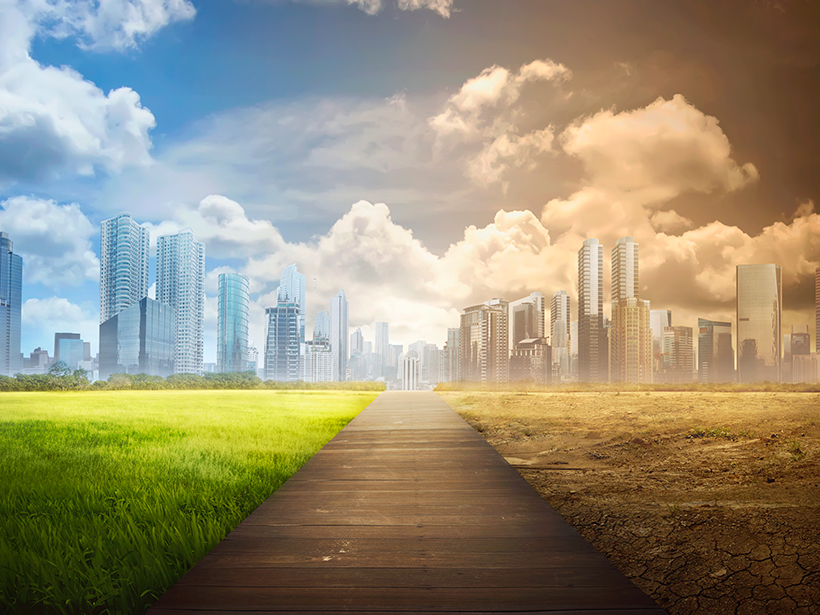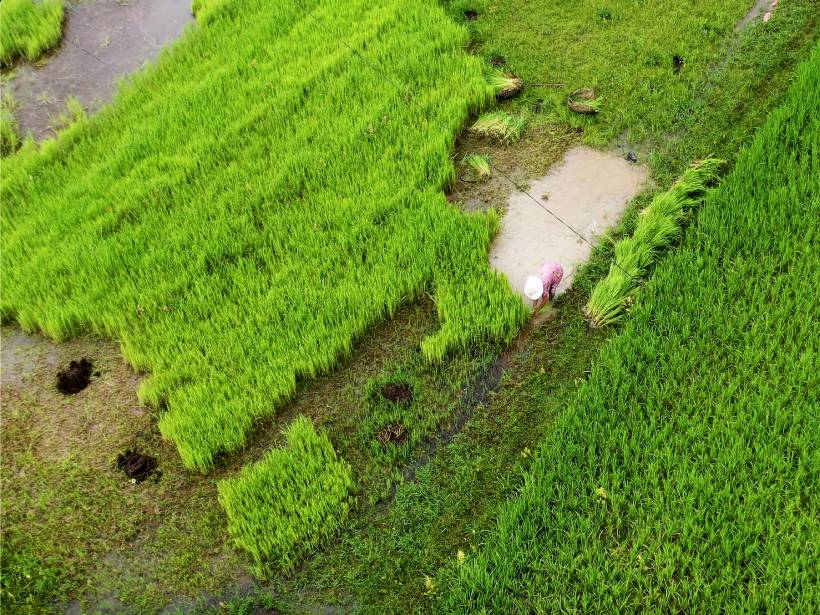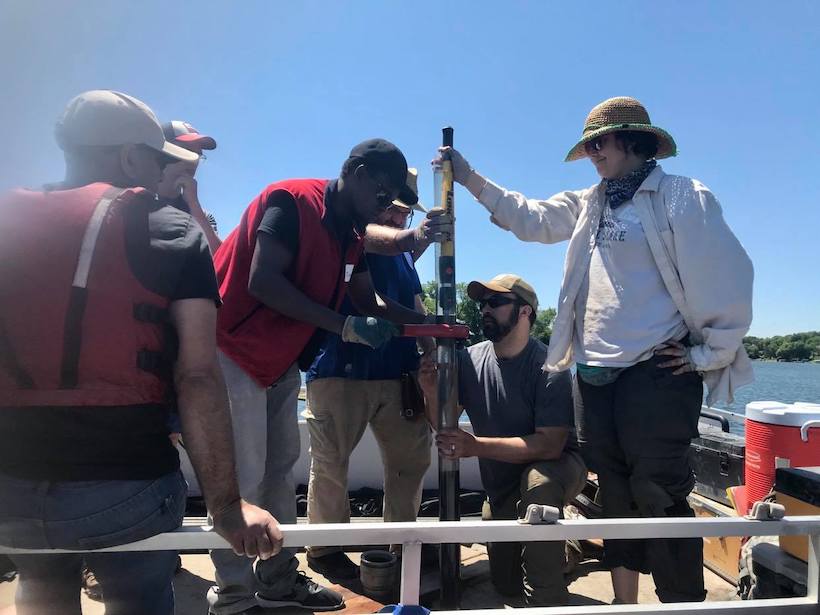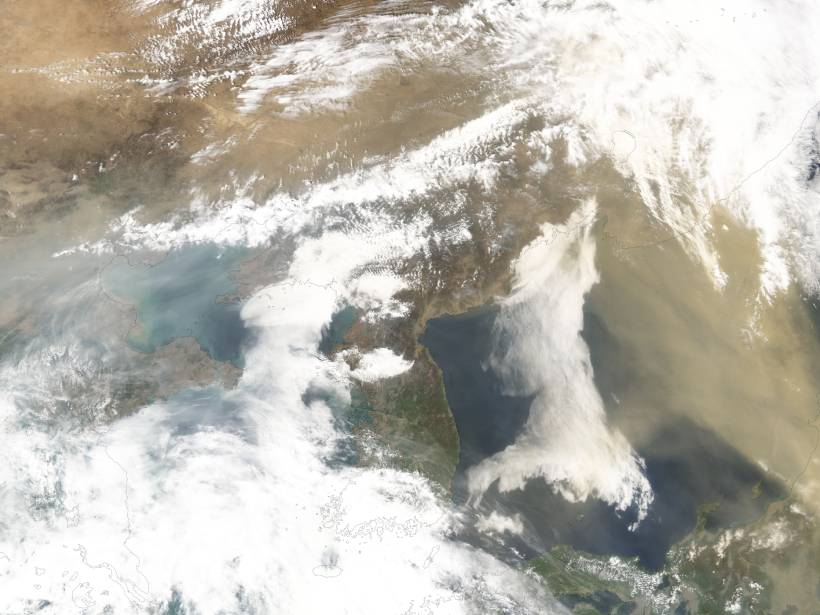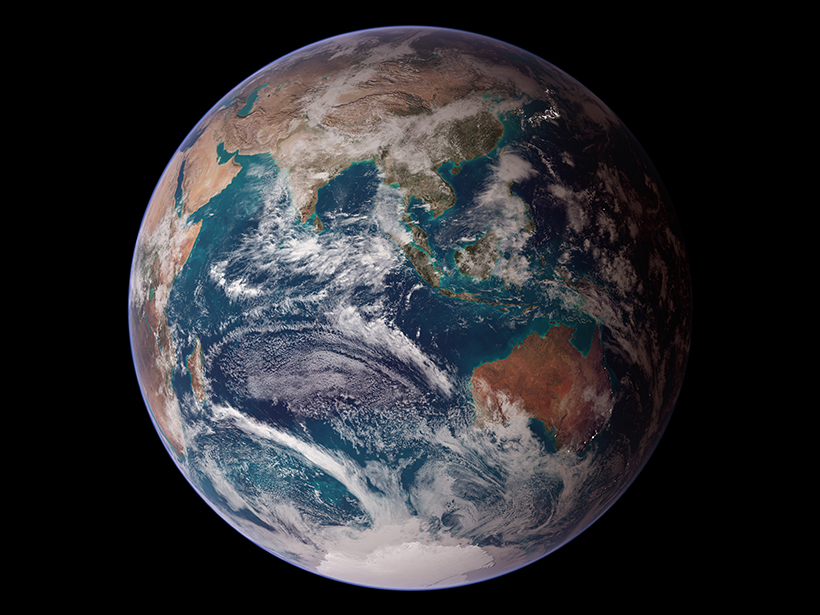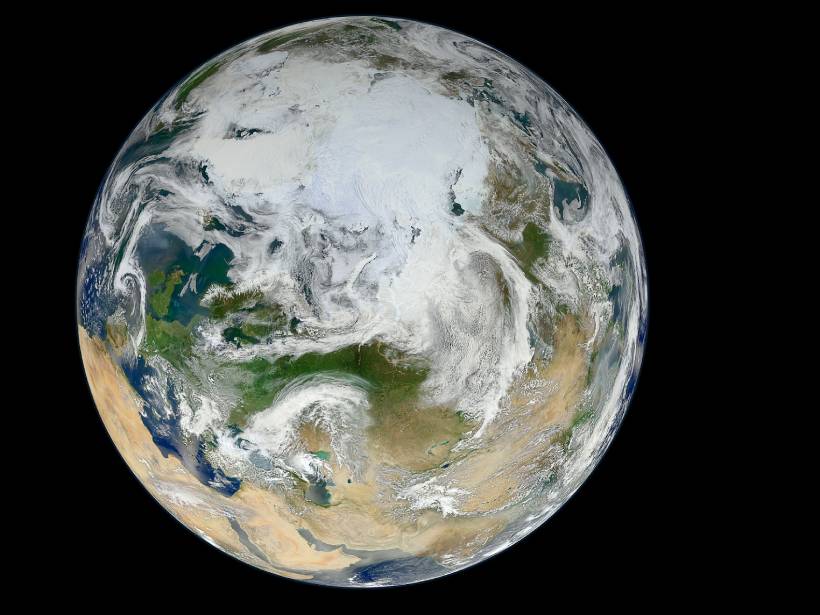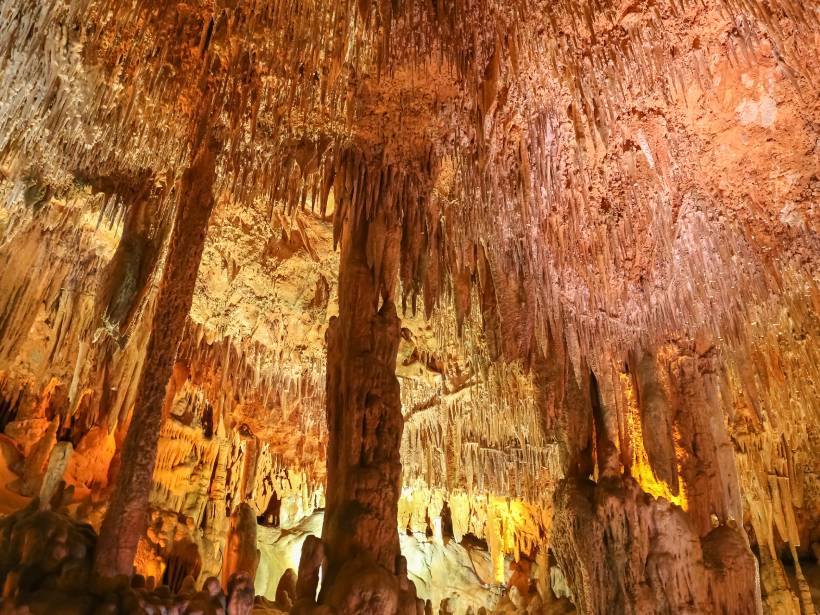A new U.S. Geological Survey report outlines how emerging technologies and cross-disciplinary collaborations are expected to empower new tools for managing hazards and resources.
News
Using Big Data to Measure Environmental Inclusivity in Cities
Lower-income urban communities bear the brunt of environmental burdens, even in wealthy green cities around the world.
When Climate Adaptation Intervention Risks Further Marginalization
Many climate adaptation interventions focus excessively on the effects of climate change and less on examinations of what drives vulnerability.
Weighing Inputs of Waves and Precipitation to Coastal Erosion
Conducting weekly lidar surveys of coastal cliffs for 3 years enabled a California team of coastal erosion researchers to quantify and separate marine effects from subaerial effects.
A Bad Time for Mars Time
Thanks to COVID-19, mission control for the Perseverance Mars rover will look emptier than previous missions, and fewer scientists and engineers will follow the rover’s schedule.
Why Aren’t There More Journal Papers by African Geoscientists?
Africa is a geoscientist’s dream. But new research shows that less than 4% of the world’s high-impact geoscience papers focus on Africa, and few of those have even one African author.
Dust on the Wind
A new study confirms that an important wind system is shifting due to climate change.
Ocho lecciones del COVID-19 para guiar nuestra respuesta climática
La respuesta global de la pandemia en curso puede enseñarnos cómo deberíamos y no deberíamos responder la crisis climática. Y lo más importante aún, demuestra que podemos hacer algo.
How Geodynamo Models Churn the Outer Core
New simulations of Earth’s outer core have reproduced magnetic fields that—for the first time—match paleomagnetic data collected from rocks.
Sooty Layers in Stalagmites Record Human Activity in Caves
Scientists analyzing cave formations in Turkey find layers of soot and charcoal in stalagmites, revealing that humans—and their fires—occupied caves thousands of years ago.


